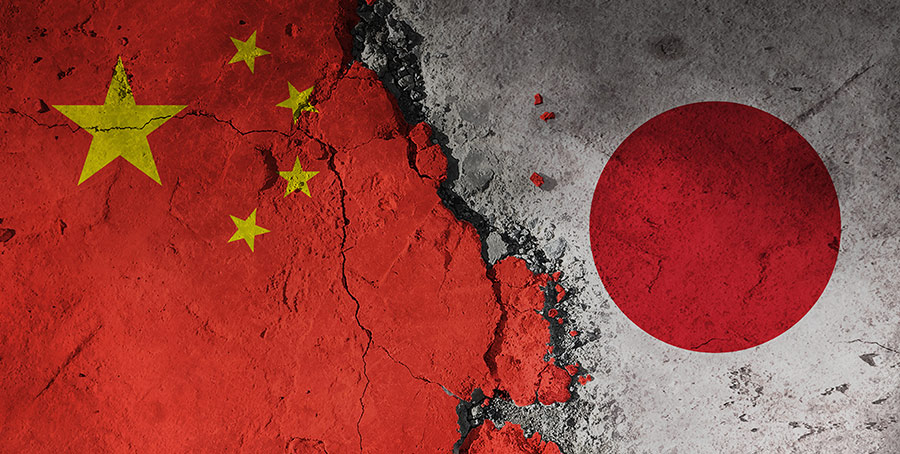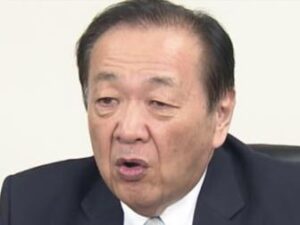There are concerns about the safety of Japanese residents and Japanese travelers in China. In response to the release of treated water from TEPCO’s Fukushima Daiichi Nuclear Power Plant into the ocean, bricks and stones have been thrown into the Japanese Embassy in Beijing and Japanese schools around the country, and some restaurants have posted signs saying “No Japanese allowed” in their restaurants. The revised “Anti-Spying Law” is now in effect, and there is a risk that Japanese nationals may suddenly be detained. Former Minister of State for Abduction Issues Hitoshi Matsubara (a member of the House of Representatives, independent) and Masamune Wada, a LDP member of the House of Councilors, stressed the need for security measures, including raising the Ministry of Foreign Affairs’ “danger warning.
Japan must treat ‘nuclear contaminated water’ in a responsible manner.”
Chinese Premier Li Qiang said at the Association of Southeast Asian Nations (ASEAN) Plus Three Summit held in Indonesia on April 6. The first nuclear power plant is discharging treated water, which the International Atomic Energy Agency (IAEA) has also assessed as “in line with international standards.
Perhaps because of this attitude of the number two, China embargoed Japanese marine products at the end of last month. In addition to stone-throwing at Japanese-related facilities in China, restaurants and government offices in Japan were inundated with unsolicited phone calls. A yakiniku restaurant in Dalian, China, posted a video on SNS on April 4 of this month with a sign that read, “No Japanese allowed in the restaurant. The owner of the restaurant refused the authorities’ request to remove the sign.
Are Japanese people safe? Mr. Matsubara, who has experience as the chairman of the National Public Safety Commission, said, “China is ignoring science and making the release of treated water, which is evaluated by international organizations, a political, economic, and diplomatic issue. The Japanese government has a responsibility to protect the safety of the Japanese people. The Japanese government has a responsibility to protect the safety of the Japanese people, and it must show firm resolve by raising the level of overseas “danger warnings” issued by the Ministry of Foreign Affairs. All of China should be placed on Level 1 of the danger warning system, and if necessary, the level should be raised to Level 2 (do not travel unnecessarily) or higher. Danger Information” is a safety guideline issued by the Ministry of Foreign Affairs based on a comprehensive assessment of the security situation and other factors in a country. There are four levels of danger information, ranging from “Level 1” to “Level 4,” which is an evacuation advisory.
China is currently level 1 in the Xinjiang Uyghur Autonomous Region and the Tibet Autonomous Region, but no danger warnings have been issued for the majority of the country’s territory.
Mr. Wada commented, “The situation in China is so disturbing that it could exceed the anti-Japanese activities of the past. We must do our utmost to protect Japanese nationals by accurately issuing “danger warnings. With the enforcement of the revised Anti-Spying Law, there is a high risk that the public security authorities will detain Japanese residents in Japan. Employees of local subsidiaries should ensure their own safety, and those who are able to return to their home countries should leave as soon as possible. The government needs to develop measures to deal with China risk from a medium- to long-term perspective,” he said.








